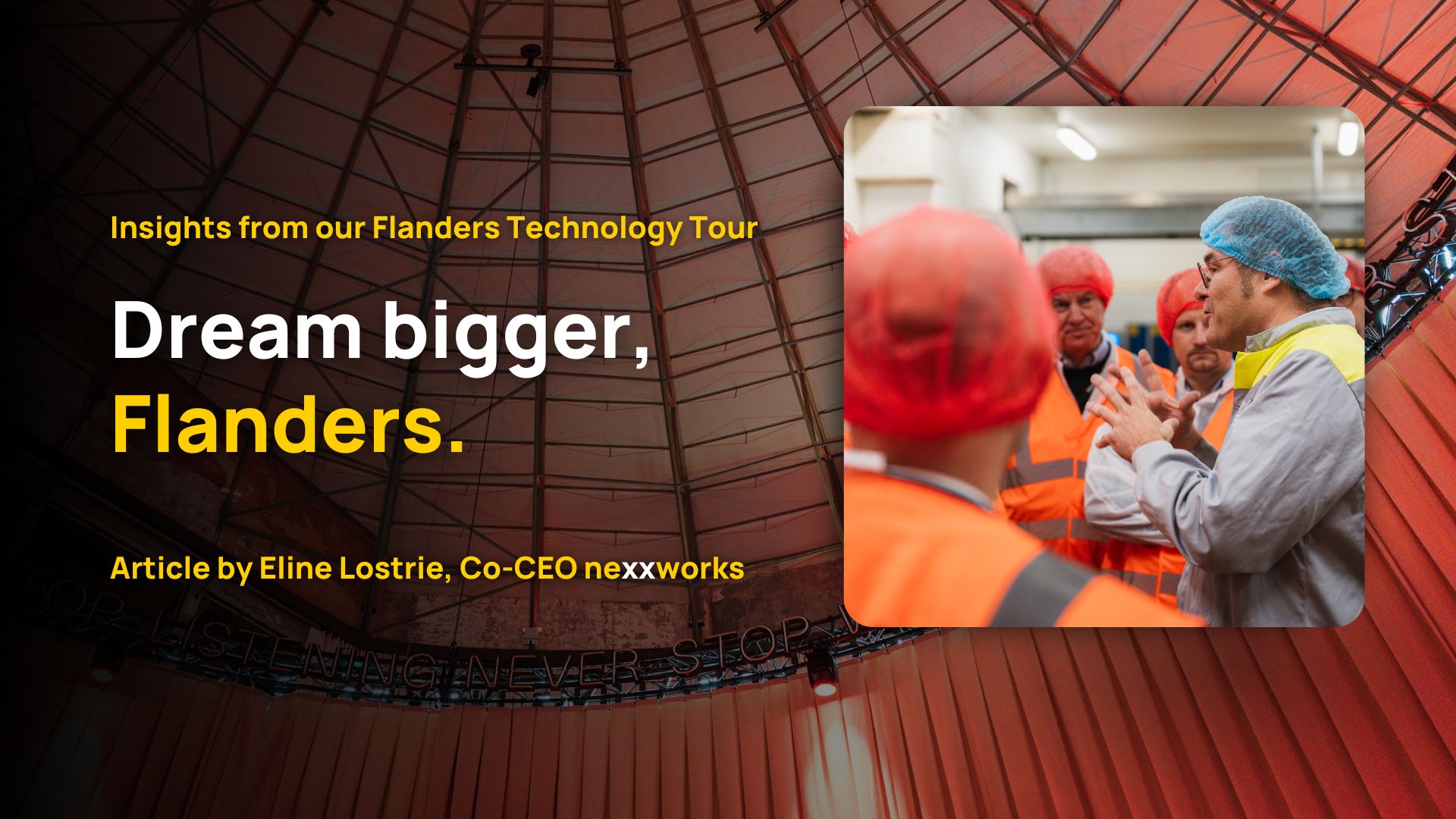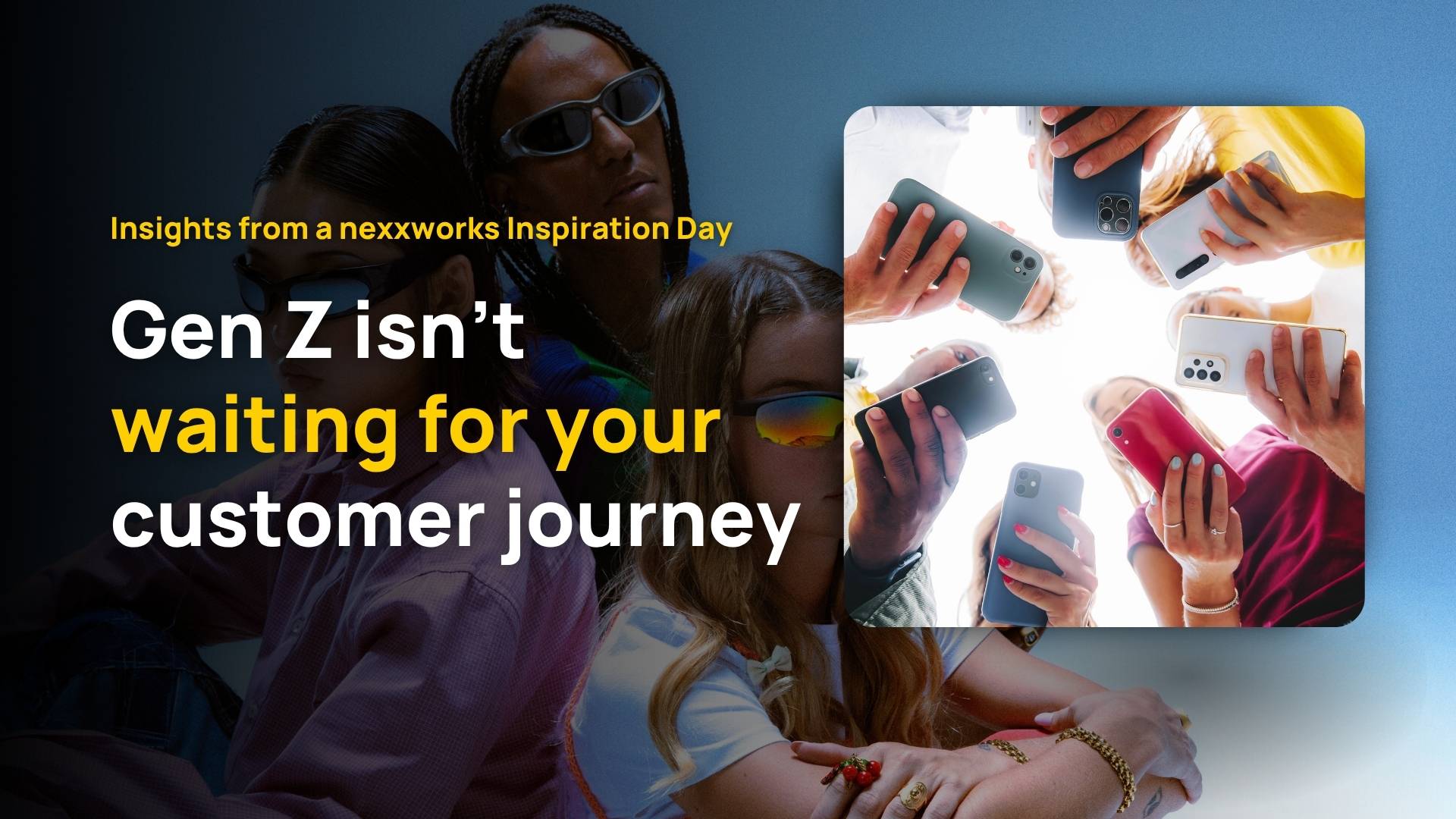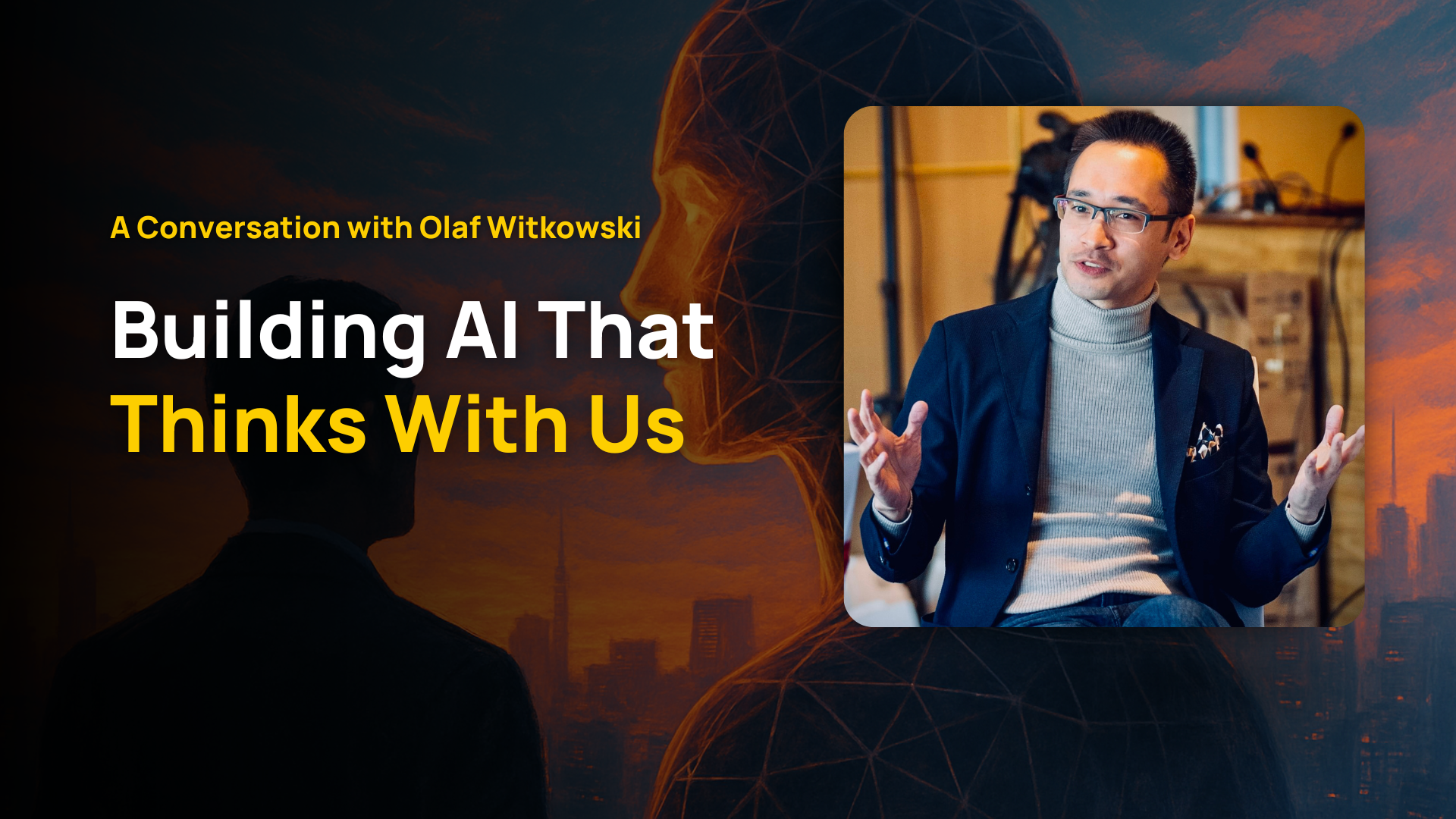Talent in the next decade – what are the big questions to solve?
As part of my research around the Art of Talent Tour in Copenhagen, which I’m moderating for nexxworks in June, I listed the 10 biggest challenges that companies will need to tackle if they want to win at the talent game in the coming years.
.png)
1. Unlocking the Productivity Paradox: Harnessing Human Talent
Productivity growth has been one of the primary drivers of increasing living standards.
As Paul Krugman quipped:
“Productivity isn't everything, but, in the long run, it is almost everything”.
Despite increasing technology adoption, we see in developed economies a decline in productivity. How do we increase productivity in our companies through effectively attracting, developing and deploying human talent. Almost all other questions follow from this fundamental question.
2. Man and Machine: Strengthening Talent through AI
How will we integrate AI and robots into our daily work environment. How will they augment human talent and how will we deal with the feelings of anxiety, trust and fairness that many people feel as they become more aware of the power of AI?
How much humans will we still need in future organizations? What are the unique capabilities of humans that AI will not be able to do and how do we develop those capabilities? Work design will be a question of improving productivity by integrating humans and technology while addressing the philosophical tension between society and technology.
3. Accelerating Innovation: Unleashing the Power of Talent
Simply put, productivity growth comes from radical technological innovation and finding new applications from inventions. We struggle to keep up the rate of innovation and invention that humanity benefited from in the past century.
How can we organize for innovation to unleash the potential of our brightest talents to innovate?

4. Management Innovation: Transforming the Way We Lead and Organize
While we often think about innovation from a technological/engineering perspective, the pre-world war era of great inventions was also driven by management innovation. Entrepreneurs (Ford, Edison, Tesla) benefited from new organization models (standardization, skill-development, hierarchy, and bureaucracy) that allowed economies of scale, specialization of talents which drove productivity growth.
In the early 21st century, we are still very much relying on these organizational models. What will be the innovation in management and organizational models in the next decade? How can we nurture leadership talent to innovate in the way we manage people?
5. Humanizing the Hybrid Work Experience: Prioritizing Mental Health and Connection
As work becomes increasingly technology-reliant and digital, we need to think about humanising the work experience. As people work more remotely and in hybrid settings, how can people experience a sense of personal connection, meaningfulness, progress, autonomy, and wellbeing through work?
- What will the role of work be in our lives – what does work-life balance mean for different people?
- How will work contribute to, not undermine, mental health and resilience?
- How do we make sure that all voices get heard and people feel recognized in organizations of the future?
6. Enabling Purpose and Sustainability: Harnessing Talent for a Better World
In the past century, pursuing productivity growth has come at a cost. People suffered, physically and mentally. Disadvantaged groups and communities suffered. Climate and our environment suffered.
Can we design work and manage talent in organizations in a way that is genuinely supportive of organizations with purpose, those that are contributing to society through better environmental, societal and governance care. What does it mean for people to contribute to a higher purpose? How can they do so in a credible way?
7. Navigating Labour Market Polarization: Managing the Tensions of Talent
Due to technological progress, remote work and demographic evolution, a small group of elite talents will get increasingly more job market power. They will be professional nomads seeking to deliver their services to the best paying organizations in the world but will stay out of traditional employment arrangements.
Through remote work, talents are no longer confined to one location or region. Organizations will no longer be able to bind those talents that they are most in need of and that have the expertise that is core to the survival of their organization. Conversely, a large group of people will have skills that are abundant and are easily replaceable.
Those people will work and live in constant uncertainty of being replaced by other people or by technology and will leave in precarity. This evolution risks increasing polarization and global inequality. How do organizations manage this tension?
8. Lifelong Learning: Adapting to an Ageing Population
Ageing populations will mean that people will (and need to) work longer. As the technology and knowledge base that people need to acquire becomes larger and changes, there will be a need for continuous reskilling and upskilling to ensuring people knowledge and skills are up to date. Technological changes mean that a different type of skills will be needed, both soft and hard, for people to be productive and adapt to a changing workplace and society.
We need a new science and practice that supports lifelong learning and skill development, considering the whole person, their identities and aspirations as they change over their lifespan.
9. Personalizing Work: Meeting the Needs of a Diverse Workforce
To accommodate the diversity in backgrounds, psychological profiles, and life situations of the future workforce, employers will need to personalize work. This means they will need to focus on the personal needs and aspirations of each employee and design flexible workplace policies to meet those needs to enhance the employee experience.
Personalizing career trajectories will be key for a diverse workforce to thrive and have longer and sustainable careers.
10. Navigating Paradox: Balancing Tensions in Talent Management
Underlying those 9 trends is the need to manage and cope with the inevitable tensions of paradox. Organizations need to care for individuals but also need to compete with organizations. Organizations want to provide stability and security to their workforce, but also need to be agile and quickly adapt to changes. Organizations need to develop personalized careers and individual flexibility but also ensure that there is fairness and equity. Organizations need to become digital and embrace AI but also ensure they are human where people can connect, feel valued as a person and develop themselves.
As the complexity of the outside world increases, so does it inside organizations. Talent management is no exception. It’s a domain that many companies and their leaders tended to underestimate. Designing talent management strategies was often outsourced to HR departments who struggled to come up with a winning talent proposition. Leaders will no longer be able to outsource talent management. Because you can’t ‘win’ the market over if you lose at the war for talent. Talent will become the essence of long-term growth. And that’s why I’m very excited to guide a group of decision makers in Copenhagen to show them the most inspiring talent strategists and case stories out there.



.svg)






